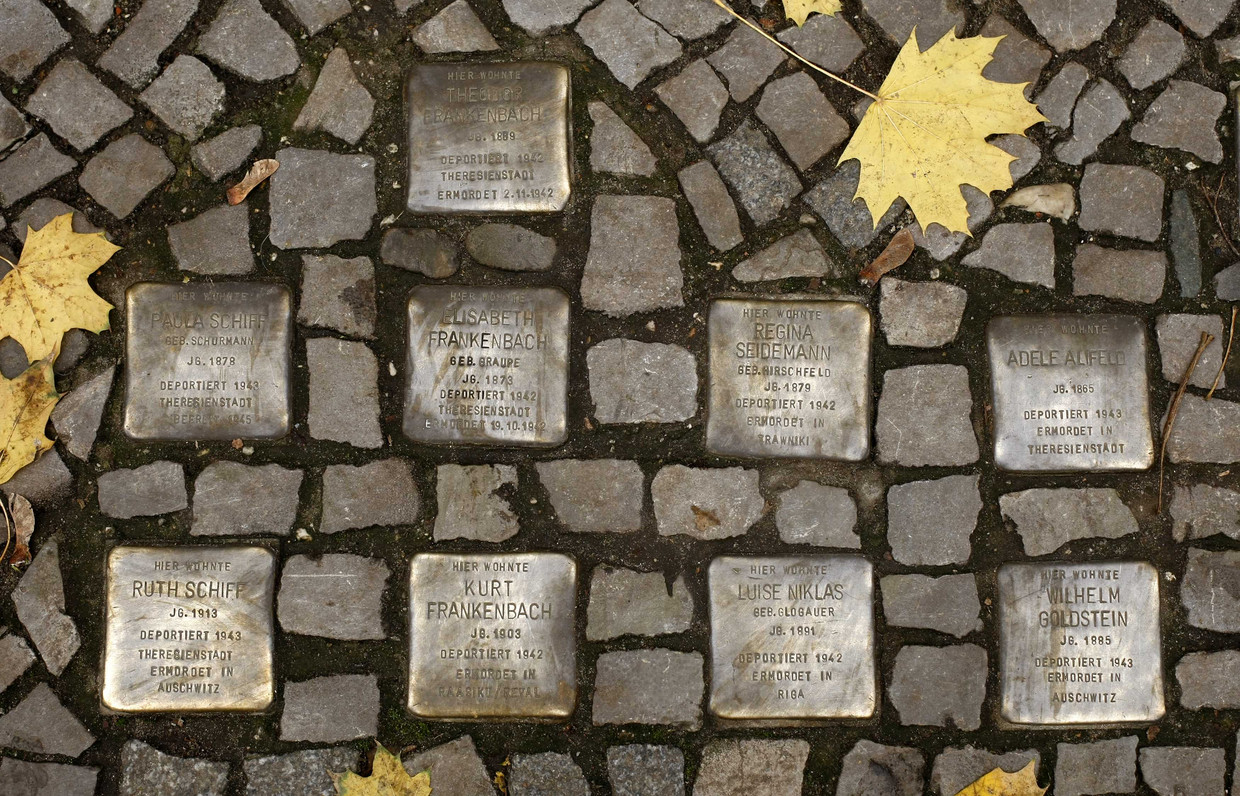|

Image: Fabrizio Bensch |
HST2011SConvener: Associate Professor A Mendelsohn Course entry requirements: At least two courses in historical, social science or cultural studies offered by the Faculty of Humanities, or by permission of the Head of Department. Despite the passage of nearly seven decades since the end of that war, the Holocaust has not passed into “mere history.” It continues to shape our world in a variety of ways: informing our understanding of genocide, moral responsibility, memory, and justice; serving as a touchstone in our culture, and as the subject of endless books and films; and exciting public debate and controversy. Our course has three objectives: First, it will provide an introduction to the development and implementation of Nazi ideology. Why did Germany embark on a program of systematic mass murder? And what did this program of mass murder look like? Second, it will examine a variety of often troubling themes relating to the Holocaust: the psychology of the perpetrators, the (in)actions of bystanders, the role of the church, and the responses of Jews. And finally, we will discuss the aftermath of the Holocaust. How has it been remembered in different societies? Has justice been served on the perpetrators? And why does it occupy such a prominent place in popular culture? At every point along the way our grim goal is to understand the thinking of those who planned, perpetrated, and participated in mass murder, the behaviours of those who witnessed the actions of the Nazis and their allies, as well as the experience and "choiceless choices" of the victims. |